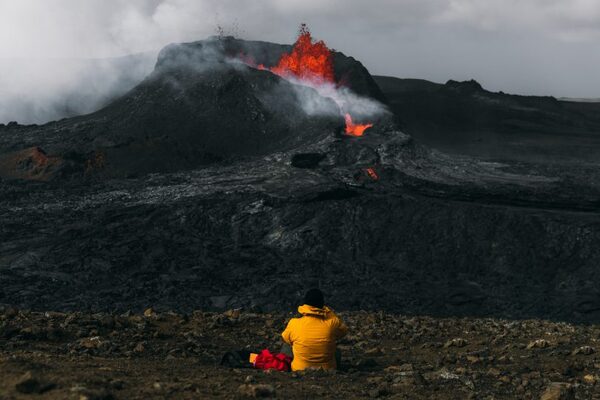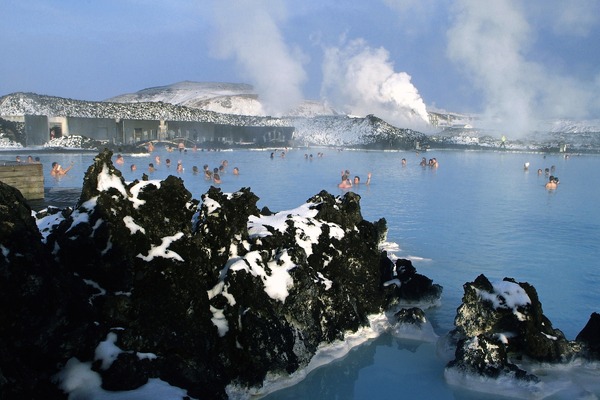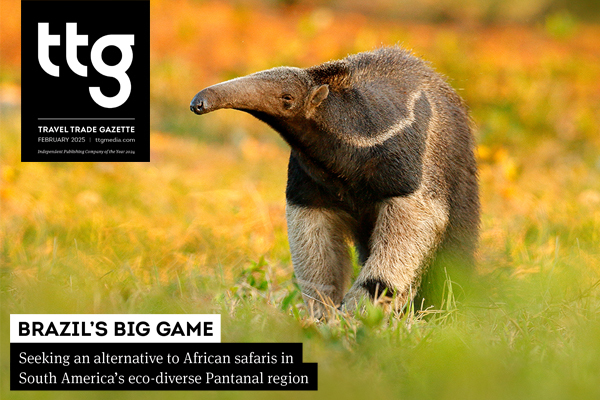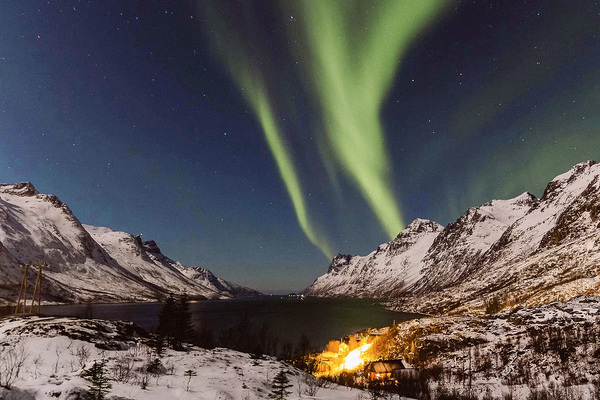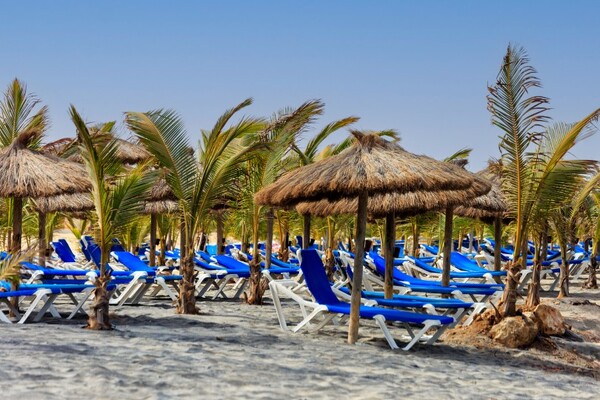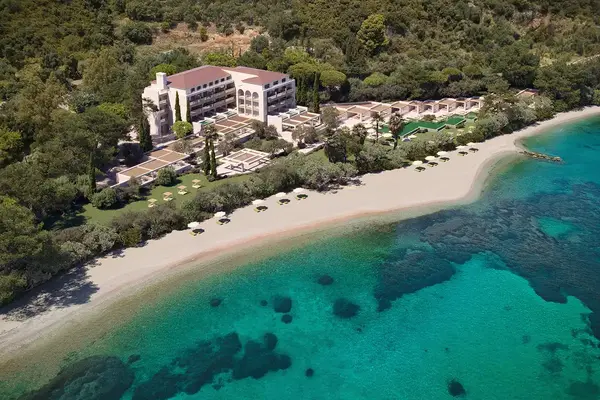Iceland volcano eruption 'unlikely to be a repeat of 2010'
 Ilaria Grasso Macola
Ilaria Grasso MacolaA volcanic eruption on Iceland’s Reykjanes peninsula is unlikely to be a repeat of 2010, when the ash cloud from the country’s Eyjafjallajokull disrupted tens of thousands of flights and brought European air travel to a temporary standstill.
Iceland’s authorities have warned that an eruption is likely in the coming days after the Fagradalsfjall volcano in the southwest of the country, near Iceland’s international airport and its famous Blue Lagoon, became active.
The nearby town of Grindavik has been evacuation amid fears magma is accumulating near and potentially beneath the town, which has been rocked by hundreds of earthquakes in recent days.
Iceland’s Met Office estimates the magma is currently around 800 metres from breaking ground, making an eruption of Fagradalsfjall highly likely.
However, AccuWeather chief meteorologist Jonathan Porter told US media the circumstances around any potential eruption were very different to when Eyjafjallajokull erupted in 2010.
Owing to Eyjafjallajokull’s height, standing at more than 5,500 feet (1,675 metres), it was covered by a glacier, which made the 2010 eruption more explosive owing to the lava’s interaction with the melting ice cap.
"The volcano near Grindavik is not encapsulated in an ice cap, but if it erupts, it can still introduce plumes of volcanic ash into the atmosphere, which can travel on the upper-level winds," he said.
"Although it does not appear this volcano will have as major an impact on air travel across Europe as we saw back in 2010, any volcanic ash sent into the atmosphere can result in portions of air space being closed."
Nevertheless, Porter said travellers should "watch out for a potential cascade of flight cancellations and delays" in the event of an eruption.
Porter’s comments come as Iceland remains under a state of emergency after hundreds of earthquakes in southwestern areas of the country, resulting in Blue Lagoon temporarily closing its doors.
Late last week, Iceland’s government said it was working on a “orderly and coordinated response” alongside emergency services, while the UK Foreign Office called on Brits in Iceland to follow the advice of local authorities.
Blue Lagoon shut on 9 November, affecting operations at its hotels, restaurants and the spa itself. "The closure will remain in effect until 7am on 16 November, at which point the situation will be reassessed,” read a statement.
Meanwhile, Icelandic carriers have not reported any disruption to services to and from the country, with Iceland’s only international airport – Keflavik – operating as normal.
An easyJet spokesperson told TTG: "Our flying schedule is currently operating as normal. However, we are monitoring the situation closely and should this change we will contact customers directly to advise on their flights."
TTG has approached other carriers for comment.
Sign up for weekday travel news and analysis straight to your inbox

Ilaria Grasso Macola
Supplier Directory
Find contacts for 260+ travel suppliers. Type name, company or destination.
